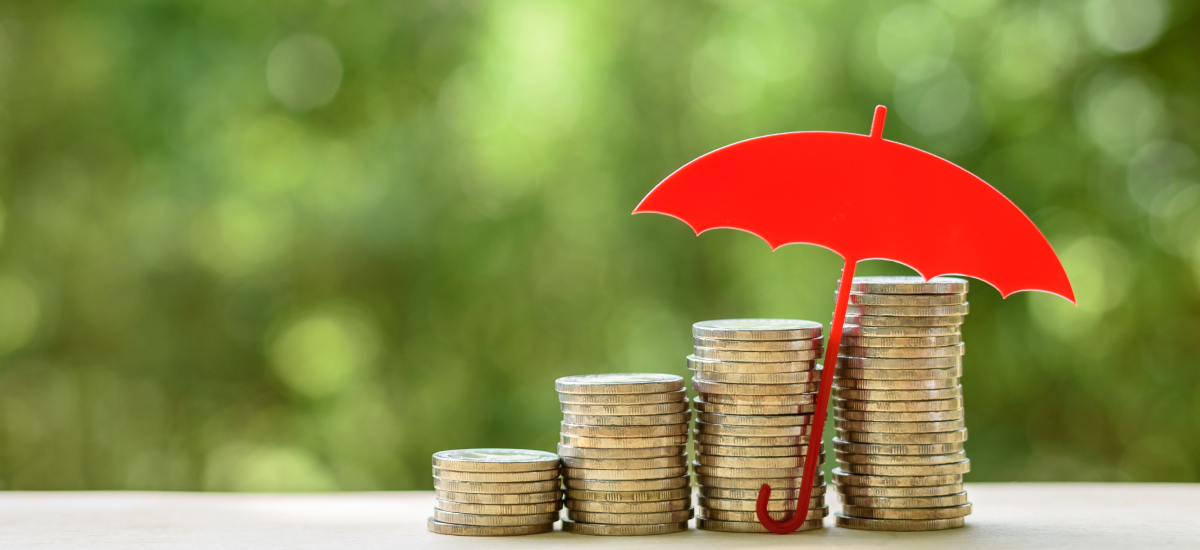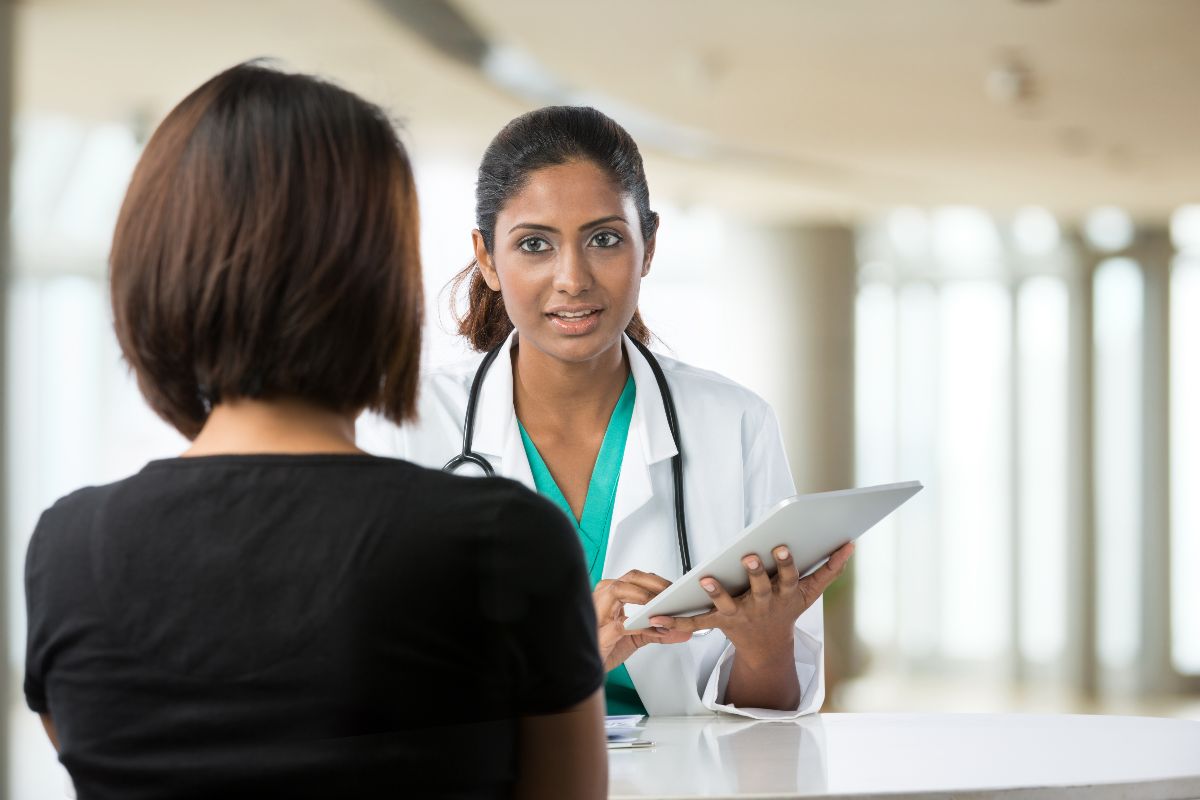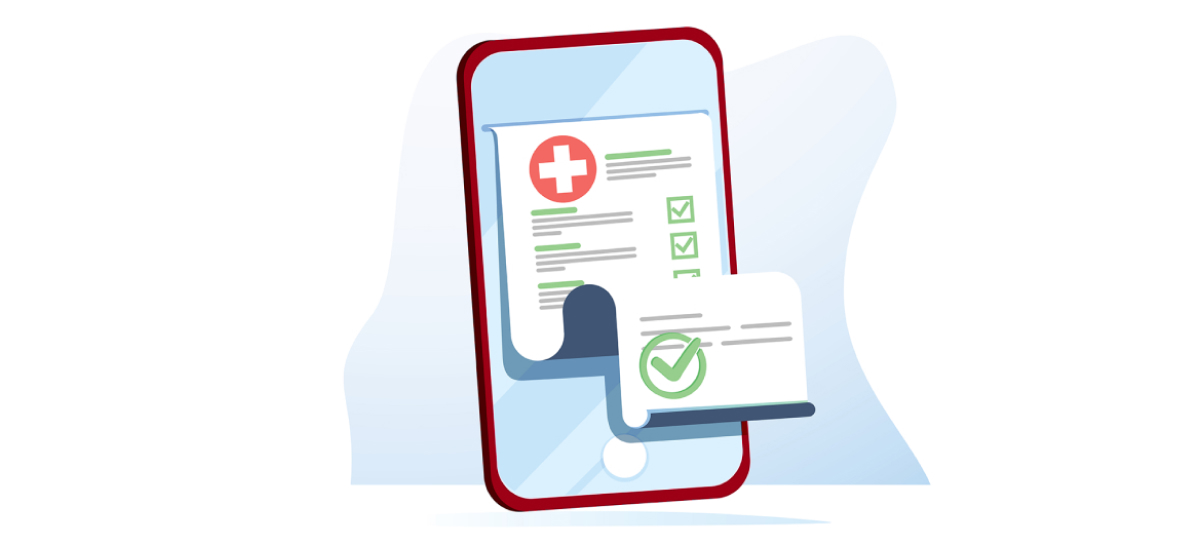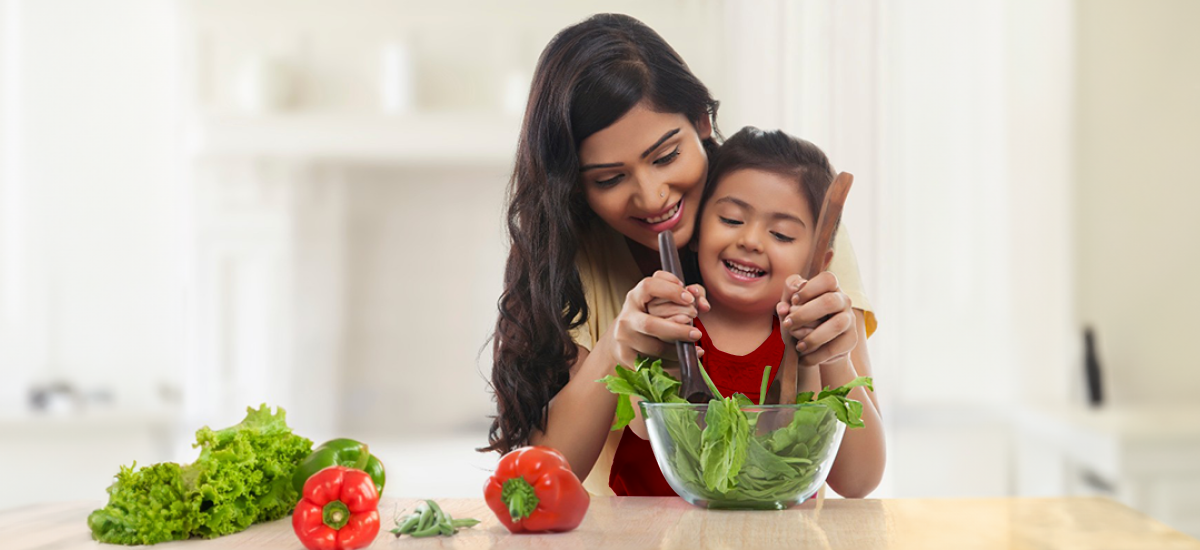Did you know that nearly 2.3 million women worldwide were diagnosed with breast cancer in 2022? The numbers are shockingly true. And breast cancer is just one of the many types of cancer that affect women. So, blinding believing you are not going to get cancer is not fair to yourself. Taking proactive measures for cancer prevention throughout your life is better than dealing with the disease if it pops up.
Also, there's a wild myth that cancer is inevitable in women - you cannot do anything to prevent it. It's true that there are certain factors, like genetics, family history, age, etc., that are outside your control. But you can still regulate your diet, exercise, and take other preventive measures, to prevent both common and rare cancers in women.
This article is focused on learning how to prevent cancer in women. You will be armed with some pretty solid techniques that you can easily incorporate into your daily life to stay a step away from cancer.
Building a cancer-proof lifestyle
Preventing cancer requires prompt efforts and the right choices. Let's learn how to prevent cancer with these tips -
·Eat healthy
Contrary to popular belief, there is no magic food for cancer prevention. Instead, you need to focus on food variety and moderation.
Include foods containing antioxidants and essential nutrients in your daily meals. These help fight free radical damage, a leading cause of cancer. Berries, cherries, citrus, prunes, olives, green and black teas, garlic, cinnamon, and turmeric can aid in cancer prevention.
You don't have to consume these items individually. You can subtly incorporate it into your food. For instance, turmeric can be used to make curry. You can add garlic to all your vegetable gravies. Berries make great smoothies, etc.
Obesity is another leading cause of cancer because when you're obese, your insulin and sex hormone levels are higher than normal. The hormone imbalance makes fighting against cancer difficult. You need to achieve your ideal weight to prevent this. Which you can do with a combination of a doctor's consultation, proper diet, and exercise.
·The exercise advantage
Exercise plays a significant role in your cancer prevention journey as it helps you maintain your weight and build a strong immune system. You don't need to spend hours exercising in the gym every day. In fact, you might not even need to go to the gym. (This is subjective to your goals.)
For many women, any moderate-intensity exercise for 30 minutes a day is a good start. If you are too busy to get in those 30 minutes daily, then go for 30 minutes of high-intensity exercises on alternate days.
Here are some moderate-intensity exercises you can try -
·Brisk walking
·Hiking
·Biking (5-9 mph)
·Swimming
·Yoga
Here are some high-intensity exercises that might interest you -
·Running/jogging
·Mountain biking
·Aerobics
·Jumping rope
·High-Intensity Interval Training (HIIT)
·Circuit training
But remember that only exercising is not going to ward off cancer. You have to combine it with other healthy lifestyle choices like limiting alcohol, building healthy eating habits, etc.
·Sun safety
Constant exposure to sunlight and its UV rays can lead to skin cancer. Now, you cannot simply stop going out to avoid the sun, but you can take proper measures when you do.
·Apply sunscreen (SPF 50+++) 20 minutes before you leave the house
·Reapply sunscreen throughout the day. Put an alarm on your phone if you forget
·Use sunglasses to protect your eyes from dust and UV rays
·Wear a sunhat or scarf if it's too hot
·Wear long sleeves and full pants if you are going to be out in the sun for a long time
·Vaccinations
Vaccinations are an integral part of the cancer prevention strategy. Currently, the Human Papillomavirus (HPV) vaccine is the best option to gain protection against cervical cancer and some other related cancers like vulvar and vaginal cancers.
This vaccine is ideally given to children ages 9 to 14. It consists of one to two doses, depending on when the first vaccine is taken.
People aged 15 to 26 can also opt for the HPV vaccine. They might need to get two to three doses. But it's best to get it in the pre-teen years.
People aged 27 years and above are advised not to get the HPV vaccine if they haven't before. If they have, consult their doctor to see if they need an additional dose.
Irrespective of your age, consult a doctor before you get the HPV vaccine.
·Regular screenings
You need to regularly schedule mammograms, pap smears, and colorectal cancer screenings.
For mammograms, women aged 40 to 49 should consult a doctor about the appropriate time to start screening. But if you are between 50 and 74, get a mammogram every two years.
The best time to start pap smears is 21 years. For ages 21 to 29, doctors recommend getting a pap every three years. For ages 30 to 65, you can either get a pap test, an HPV test, or both tests simultaneously. If your result is normal, you can wait 5 years for the next test. If you are older than 65, there's no need to get a pap test if you have had two normal or negative test results in the past 10 years.
Colorectal cancer screenings are started after you turn 45. Based on your results, your doctor will recommend when to get the next test.
These screenings are mostly included in your health insurance's base coverage, so you don't have to worry about finances.
When to see the doctor
When it comes to cancer, there's no best time to go see the doctor. You need to be proactive about your health. As a thumb rule, schedule annual full body checkups. In these checkups, make sure you include all the common tests like fasting sugar, complete blood panel, lipids panel, etc. From the results, your doctor can determine if you need any additional diagnostic tests.
Besides that, if you experience any uncommon symptoms, such as blood in your spit, a cough that won't go away, a lump in your neck or breasts, a consistent stomach ache, pain during peeing, or frequent rashes on your skin, it's best to get checked out by a doctor. It probably could be a minor infection, but it's better to be safe than sorry.
Although it's not always possible to reduce the risk of cancer, you can at least catch it in the early stages. It's easier to treat it when it hasn't advanced.
Empowering yourself
The key to cancer prevention is consistency. Whatever lifestyle changes you choose, make sure you undertake them regularly. Ensure that you include the following as a part of those changes -
·Eating a balanced diet
·Exercising regularly (At least 3 times a week)
·Use sunscreen, hats, and scarves to protect from UV rays
·Take HPV vaccination if you are eligible
·Schedule regular cancer screenings
Here's the most important tip that no one will tell you—be prepared for the worst. Plan everything in advance. Don't skip health insurance, which will be your best friend in case of a diagnosis. Cancer treatments can be very expensive without a good insurance policy, so choose wisely. For starters, you can check out the wide range of insurance plans from Generali Central, which also offers women-centric insurance plans. Your future self will thank you for taking the right steps today.

























